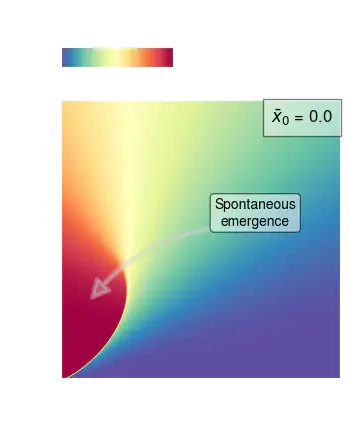Criminal organizations exhibit hysteresis, resilience, and robustness by balancing security and efficiency

Abstract
The interplay between (criminal) organizations and (law enforcement) disruption strategies is critical in criminology and social network analysis. Like legitimate businesses, criminal enterprises thrive by fulfilling specific demands and navigating their unique challenges, including balancing operational visibility and security. This study aims at comprehending criminal networks’ internal dynamics, resilience to law enforcement interventions, and robustness to changes in external conditions. Using a model based on evolutionary game theory, we analyze these networks as collaborative assemblies of roles, considering expected costs, potential benefits, and the certainty of expected outcomes. Here, we show that criminal organizations exhibit strong hysteresis effects, with increased resilience and robustness once established, challenging the effectiveness of traditional law enforcement strategies focused on deterrence through increased punishment. The hysteresis effect defines optimal thresholds for the formation or dissolution of criminal organisation. Our findings indicate that interventions of similar magnitude can lead to vastly different outcomes depending on the existing state of criminality. This result suggests that the relationship between stricter punishment and its deterrent effect on organized crime is complex and sometimes non-linear. Furthermore, we demonstrate that network structure, specifically interconnectedness (link density) and assortativity of specialized skills, significantly influences the formation and stability of criminal organizations, underscoring the importance of considering social connections and the accessibility of roles in combating organized crime. These insights contribute to a deeper understanding of the systemic nature of criminal behavior from an evolutionary perspective and highlight the need for adaptive, strategic approaches in policy-making and law enforcement to disrupt criminal networks effectively.